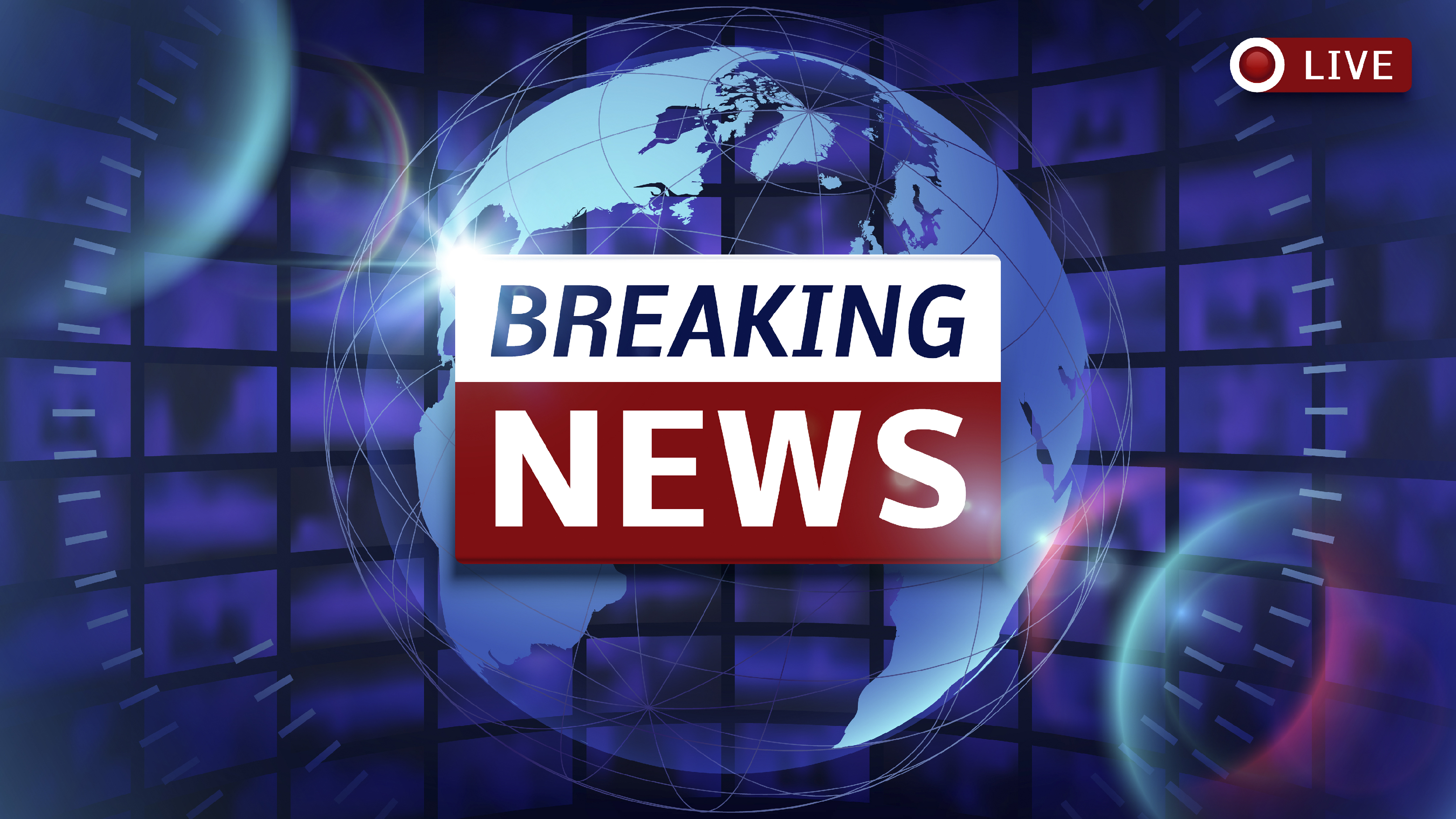
-
HOME
-
WHAT IS STANDOur Mission Our Values Our Help Contact
-
WHAT WE FIGHT FORReligious Freedom Religious Literacy Equality & Human Rights Inclusion & Respect Free Speech Responsible Journalism Corporate Accountability
-
RESOURCESExpert Studies Landmark Decisions White Papers FAQs David Miscavige Religious Freedom Resource Center Freedom of Religion & Human Rights Topic Index Priest-Penitent Privilege Islamophobia
-
HATE MONITORBiased Media Propagandists Hatemongers False Experts Hate Monitor Blog
-
NEWSROOMNews Media Watch Videos Blog
-
TAKE ACTIONCombat Hate & Discrimination Champion Freedom of Religion Demand Accountability
Why My Church Fights for Responsible Journalism
Years ago, a reporter asked a friend of mine what he thought the attitude of people should be toward our Church, given that it was a new religion. My friend, a well-educated and articulate man, gave a thoughtful and reflective answer. “I don’t think we should be judged by longevity or numbers,” he said, “but by our people.” He went on to make an excellent case for judging a group by the character and actions of its members.

A few weeks later, the reporter’s TV network produced an “exposé” of my religion, complete with rehashed lies, rumors from disreputable sources and interviews with apostates who made a living running down our faith. In the program was a film clip of the interview with my friend. It had been edited down to just his first three words: “I don’t think.”
This egregious excuse for journalism is, sadly, not an isolated case for my religion, nor for many other minority religions and groups, who find themselves marginalized and labeled as “odd” or “suspicious” or “dangerous,” not through any fault of their own, but by the meticulous curating of how they are presented, so as to get the most clicks, the most sales, the most eyes looking.
But the downfall of journalism has come with a price, and that is not just the tsunami of disinformation that we, the public, now must navigate.
My Church, therefore, fights for responsible journalism. The late Edward R. Murrow, himself a respected journalist of the mid-20th century, once cautioned his peers, “We are in the same tent as the clowns and the freaks—that’s show business.”
He wasn’t wrong. In Murrow’s time, corporate profits had not yet overtaken truth-telling as the basic motivation of reportage. Journalists were at least loosely tethered by the FCC’s reins, and forced to report accurately or lose their license. Reporters and outlets occasionally rose to their potential and—despite intimidation and threats and loss of readership—brought down demagogue Joe McCarthy, exposed corrupt Richard Nixon and competed with one another not for profits but for prestige.
That has all changed. The profit motive has replaced integrity, and the internet and social media tempt us all to become instant sages. It is now up to us to ensure the media stays honest—and it’s not easy. As media entrepreneur Jon Sinton observed, “In a time when most Americans cannot name either of their senators, but unfailingly know all the McDonald’s dipping sauces, it falls on deaf ears to tell people they must now, by virtue of the low cost of entry to the internet, and its powerfully pernicious lies, become their own editors and read, watch and listen broadly as they carefully consider the sources of the information they consume.”
But the downfall of journalism has come with a price, and that is not just the tsunami of disinformation that we, the public, now must navigate. Worldwide, journalistic platforms and the media as a whole have lost their most valuable treasure: trust.
There was a time when CBS newsman Walter Cronkite was voted the most trusted man in America—beating out Nobel Peace Prize winners and statesmen. But that was long ago. A recent survey asked a wide swath of the populace for its most trusted news source. The answer: The Weather Channel.
So my Church, allied with other religions and humanitarian groups, will continue to fight for responsible journalism and will continue to hold journalists and their editors and publishers accountable for what they put on their local, national and international platforms.
“The truth will set you free,” said the Savior. Truth is a liberating, empowering commodity. You can do things—effective things—when armed with the truth. Falsehoods—such as the kind that hack writers and unscrupulous publishers revel in—only bring about anger, hatred, chaos, fear, danger, division and dismay. And if, while reading that list you thought: “That describes our current global scene,” then you have an inkling of who and what has been promoting and profiting from it.
My Church has set out to change that global scene by fighting for responsible journalism.








